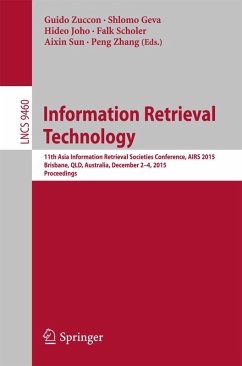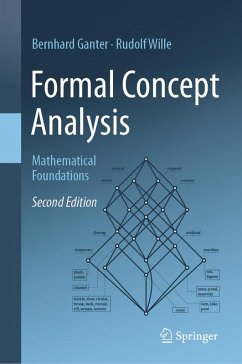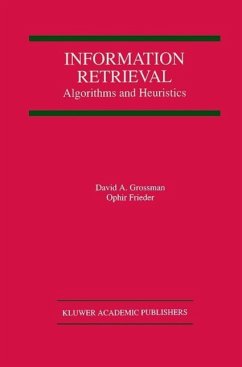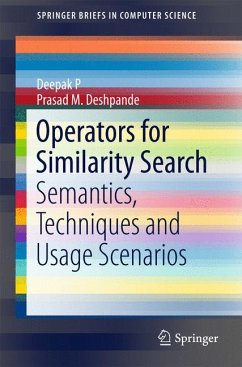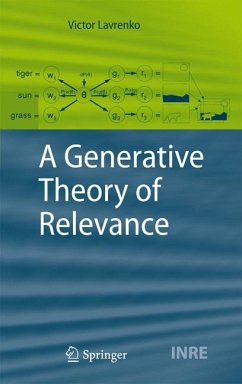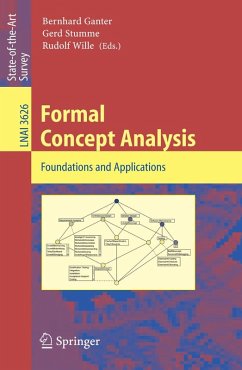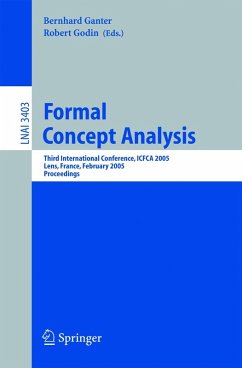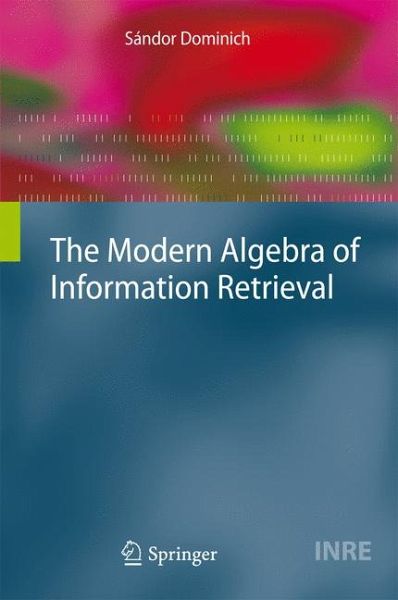
The Modern Algebra of Information Retrieval (eBook, PDF)
Versandkostenfrei!
Sofort per Download lieferbar
88,95 €
inkl. MwSt.
Weitere Ausgaben:

PAYBACK Punkte
44 °P sammeln!
This book takes a unique approach to information retrieval by laying down the foundations for a modern algebra of information retrieval based on lattice theory. All major retrieval methods developed so far are described in detail, along with Web retrieval algorithms, and the author shows that they all can be treated elegantly in a unified formal way, using lattice theory as the one basic concept. The book's presentation is characterized by an engineering-like approach.
Dieser Download kann aus rechtlichen Gründen nur mit Rechnungsadresse in A, B, BG, CY, CZ, D, DK, EW, E, FIN, F, GR, HR, H, IRL, I, LT, L, LR, M, NL, PL, P, R, S, SLO, SK ausgeliefert werden.



